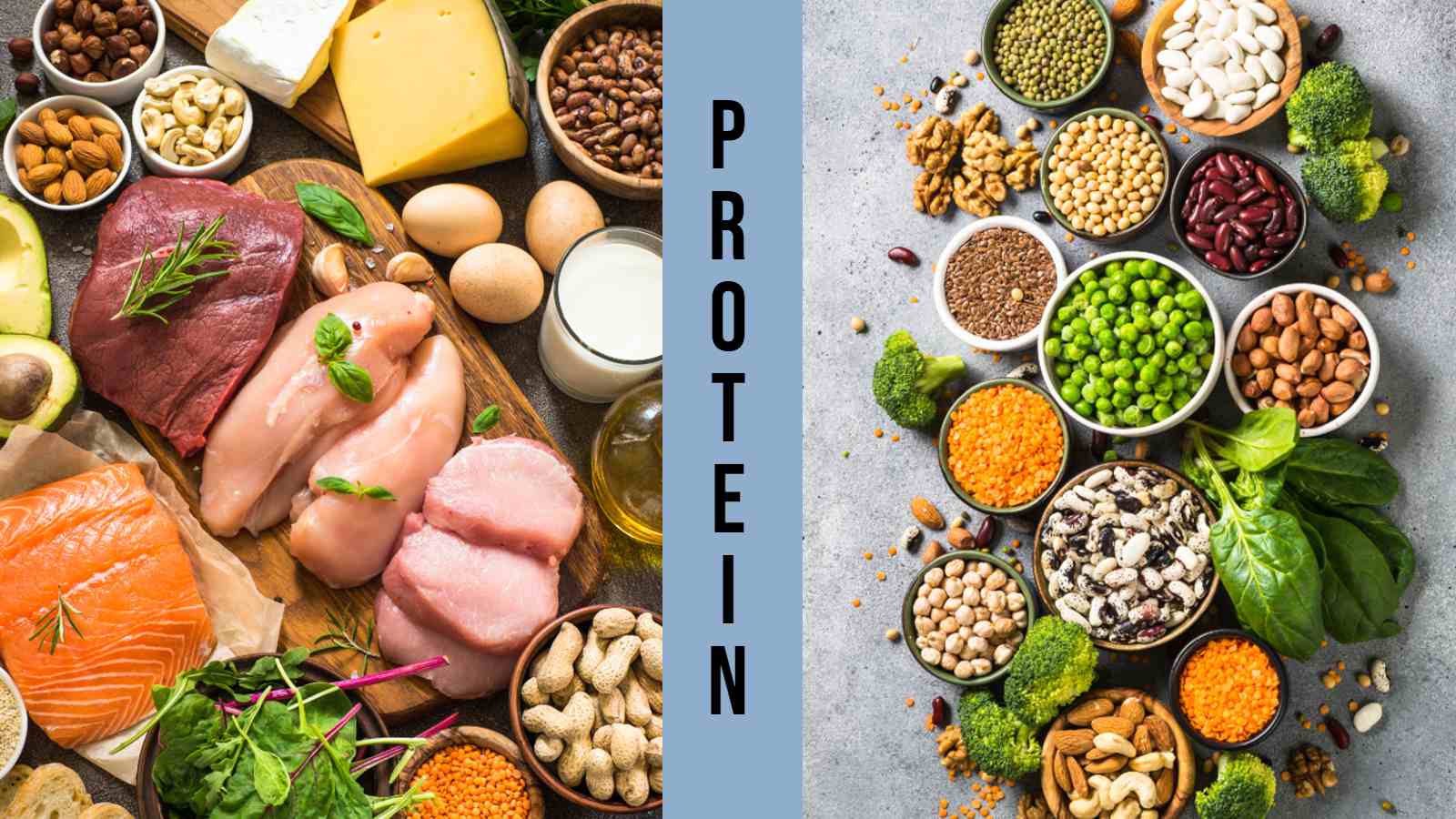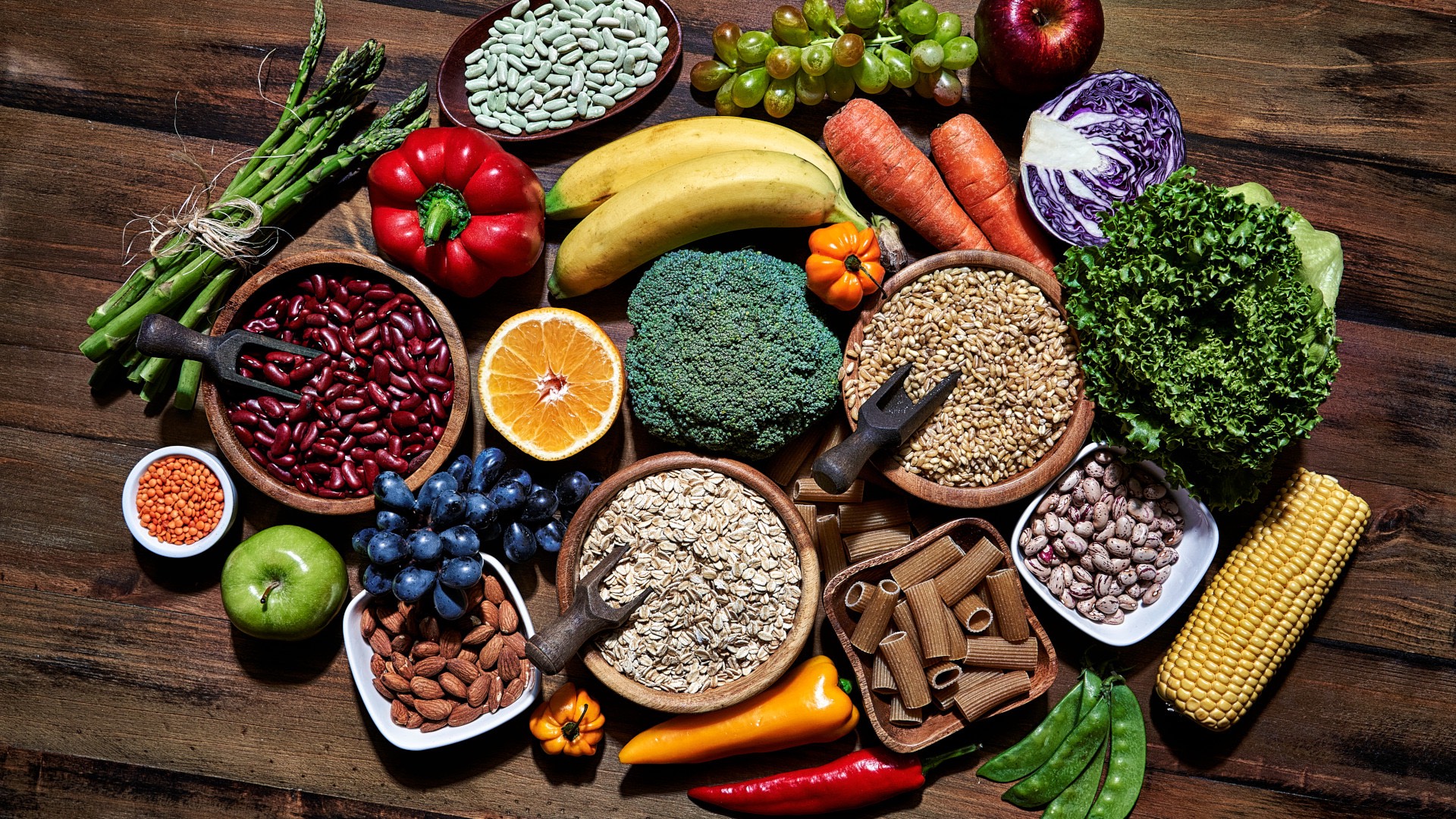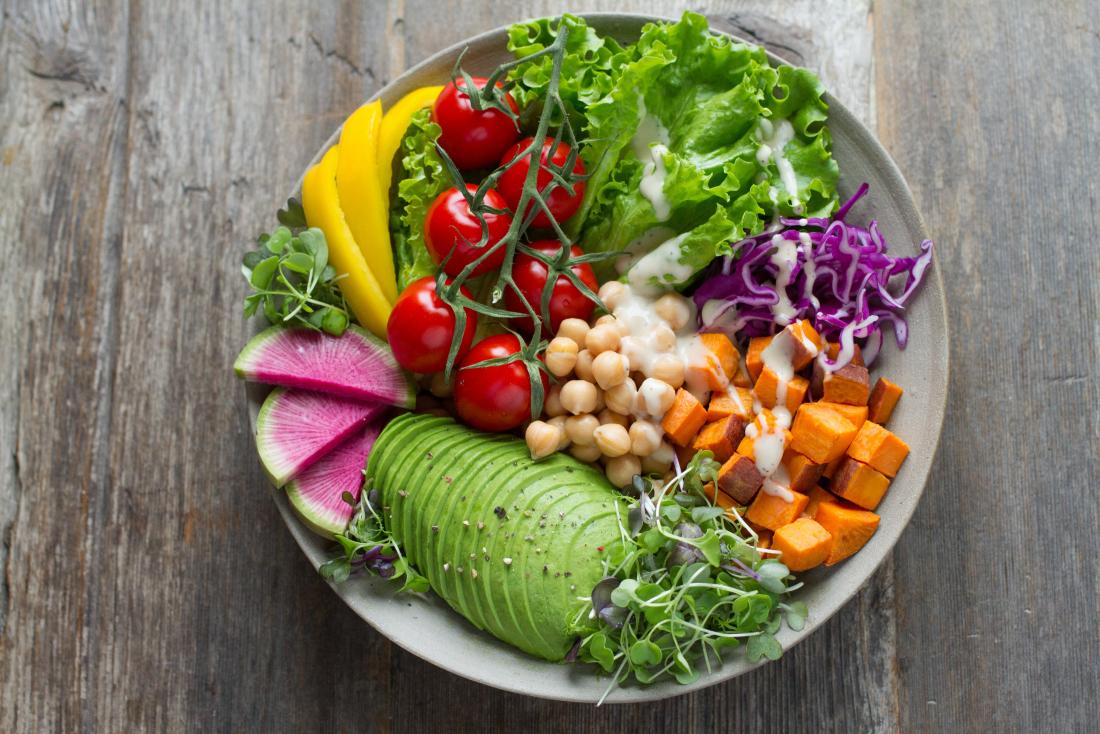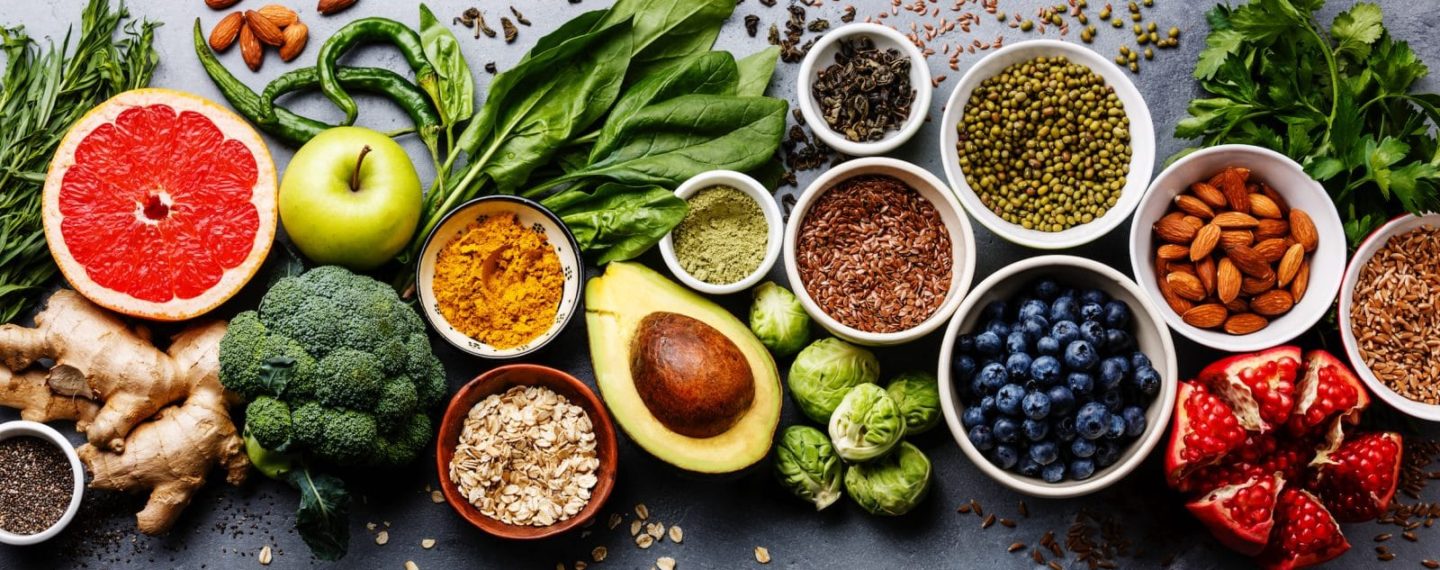Have you ever considered where cows, chickens, and fish get protein, vitamins, and minerals? The answer is simple—plants!
Animal products might seem to be the ultimate source of protein, but that belief is shaped more by years of marketing than by facts.
In reality, plant-based proteins can offer everything you need — and more!
Cracking the Protein Myth
The myth is that plants are low in protein or necessary amino acids. That is not right. Plants have all the amino acids needed for optimum health.
So don’t worry. Eating plant foods such as fruits, beans, grains, and nuts is a simple and effective way to get the protein you need.

The Animal Detour — Why Go the Long Way?
Here’s something interesting: where do cows, chickens, and fish get their protein, vitamins, and minerals? You’re right—plants!
Animals get their nutrients by eating grass, grains, and other plants. So, when we eat animal products, we obtain those nutrients indirectly. It’s like traveling a long path when there’s a quick cut right before you.
Why not get the nutrients directly from the source?
By consuming plants and fruits directly, you get the same nutrients without the unnecessary middleman. This direct approach authorizes you to take control of your health and nutrition.

Muscle Gains?
“But can plant-based proteins help me build muscle?” you might ask.
Without a doubt! Studies reveal that when it comes to gaining muscle and healing after exercise, plant-based proteins like those found in lentils and soy might be just as beneficial as animal proteins. Therefore, plants may support your fitness goals, including lifting weights or simply staying in shape. They also assist you in avoiding some problems associated with eating a lot of meat, such as excessive cholesterol.
Do We Need So Much Protein?
Protein is everywhere—in bars, shakes, and even protein-filled snacks! However, most people already consume a good amount of protein without effort. Advertising significantly impacts the notion that high protein levels are necessary for maintaining health and building muscle.
Let’s debunk this misconception with some good information:
-
You may require a lower protein intake than you assume.
-
Whole Foods offers a plentiful choice.
-
The proper focus is on diversity and balance.
Adults, on average, require about 0.8 grams of protein per kilogram of body weight. This means that men typically require around 56 grams per day, while women need about 46 grams—relatively lower than what many fabrics of protein products advertise.
Eating a diverse diet with beans, grains, nuts, and vegetables guarantees you get enough protein without needing supplements. Take cooked lentils, for example. A cup of lentils has around 18 grams of protein, or about one-third of what a typical
person needs daily.
Focusing on various foods is a greater priority than fixating on protein. Various
plant-based foods provide your body with the amino acids it needs to function,
with no additional protein powders or shakes required.

Remember that you probably already get enough protein, so keep that in mind the next time someone tells you to increase your consumption. As a result, you should feel more confident and like you’re moving in the correct direction! How common is protein deficiency? Hardly ever, as long as you’re eating a balanced diet!
Go to the Source
The next time someone tells you that animal proteins are better, remember that animals get their nutrients from plants. It’s far better for the environment, healthier, and more straightforward. Why take the longer route when you can get directly to the source?




Health | No Comments » on Plant vs. Animal Protein — The Direct Route to Better Health